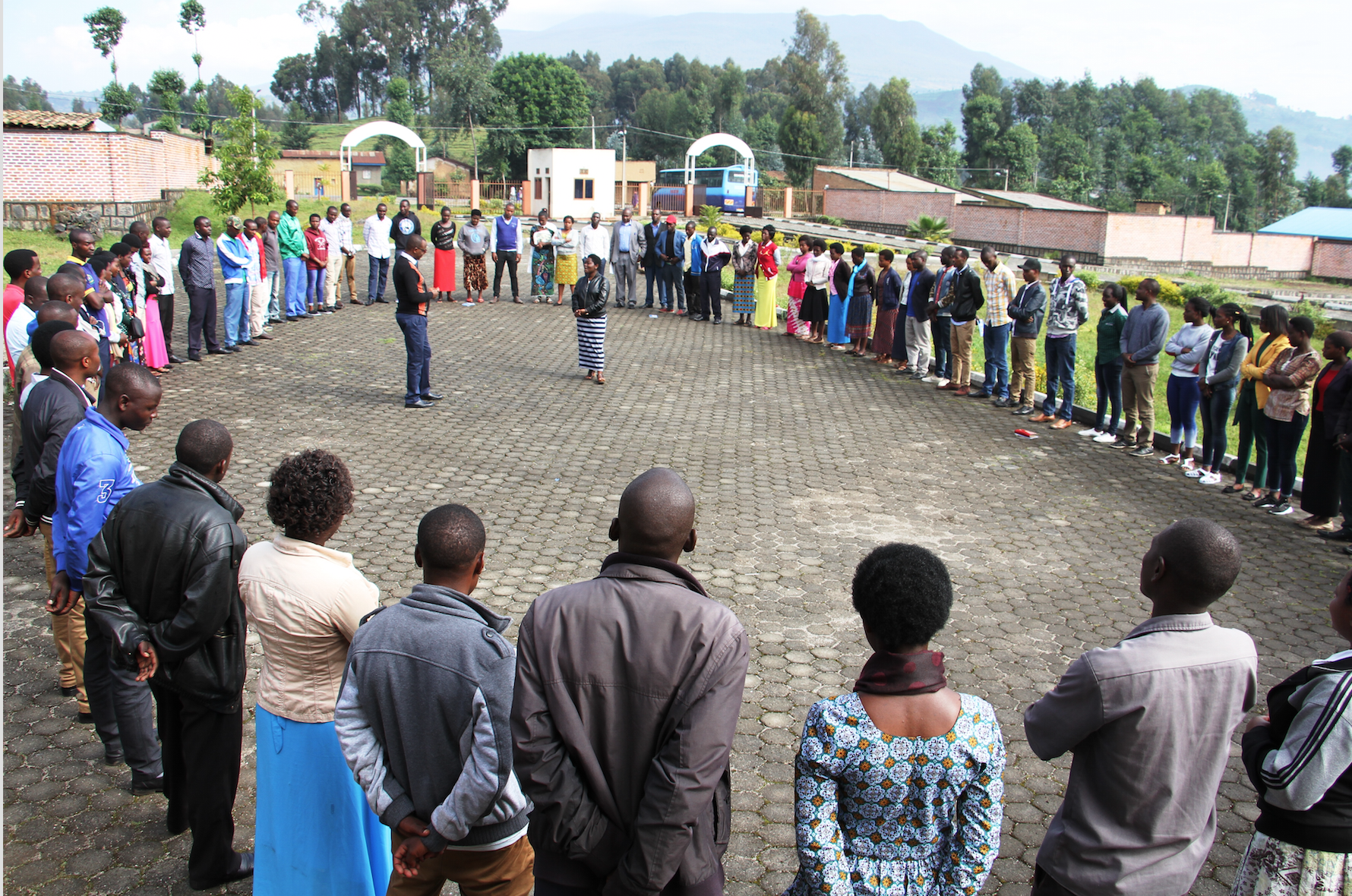25 years after the 1994 Genocide Against the Tutsi, some of its effects still linger in Rwandan society including trauma, excessive emotional pain or sorrow, and many more which are not seen physically but are challenging the Rwandan society. Research conducted by the Ministry of Health showed that around 12% of people are depressed, while among survivors of the genocide who have participated in this research; those with deep and extreme sorrow are around 35%.
Based on these figures and national statistics, one can say that more than one million live with depression. Apart from depression, research has also proved that trauma among survivors of the genocide is as high as 28%. The Government of Rwanda and different stakeholders have put in place programs aimed at fighting genocidal effects and building towards sustainable development. This includes putting effort into preventing the transmission of transgenerational wounds among young people.
Regarding mental health, various special programs and institutions have been established to deal with special programs and different institutions to deal with mental health issues. Apart from counseling, the psychosocial group approach has been used to help members discuss and share their wounds, and release their heavy burdens and/or feelings. These approaches aid in building resilience and helping people overcome depression thus rebuilding unity among Rwandans hence propelling development.
Though it has been discovered that the psychosocial group approach can help the Rwandan society overcome trauma, research has demonstrated that this approach is still at a lower level, and is being used by few. This can be attributed to the fact that there are few qualified facilitators to guide these groups. Different researches, including NAR’s, have demonstrated different strategies and complemented existing strategies used in supporting those with emotional wounds and trauma. These include discussions to support the facilitators who are working daily in trauma treatment in district hospitals, and other stakeholders mentioned above, so as to support each other, share knowledge and enhance strategies used and enable Rwandans to firmly face mental health issues.
In order to successfully support Rwandans in the journey of healing wounds, depression and trauma and to prevent the transmitting these issues to youth, there is need for strong collaboration between different organizations including the Ministry of Health, the National Commission of Unity and Reconciliation (NURC), researchers and experts in mental health, faith-based organizations and non-governmental organizations working in peacebuilding and healing. This partnership and collaboration will ease the adoption of strategies, special programs and building the capacity of consistently evaluating and assessing the state of mental health in Rwanda.
For the Rwandan society to be able to build strong foundations to deal with wounds and other psychosomatic issues, there is a need for intensive research and consistent discussions about trauma, wounds, and strategies to deal with such problems, so as to prevent possible future transmission. Rebuilding the inner person who faced emotional wounds and trauma from the genocide and other human rights violations (that are prevalent throughout Rwanda’s history) requires particular attention over a long-term period.
Nevertheless, a lot has been achieved through consolidated efforts. These efforts and achievements have been commended by the international community who admire the politics of building and strengthening unity and reconciliation among Rwandans, the rapid development of the economy and investment, the program of decentralization, the policy of gender balance, and also putting youth at the core of achieving the Rwanda we want.


